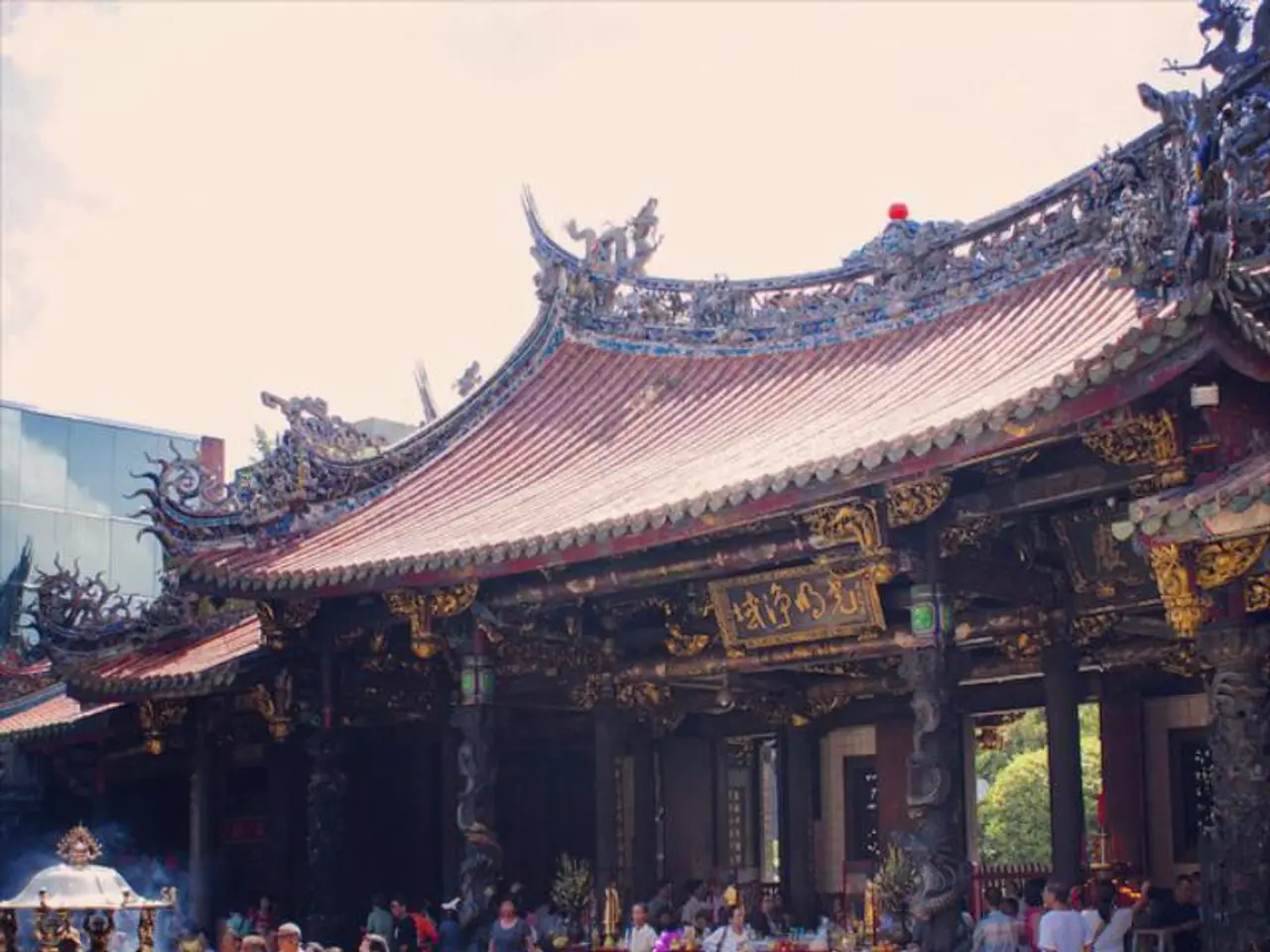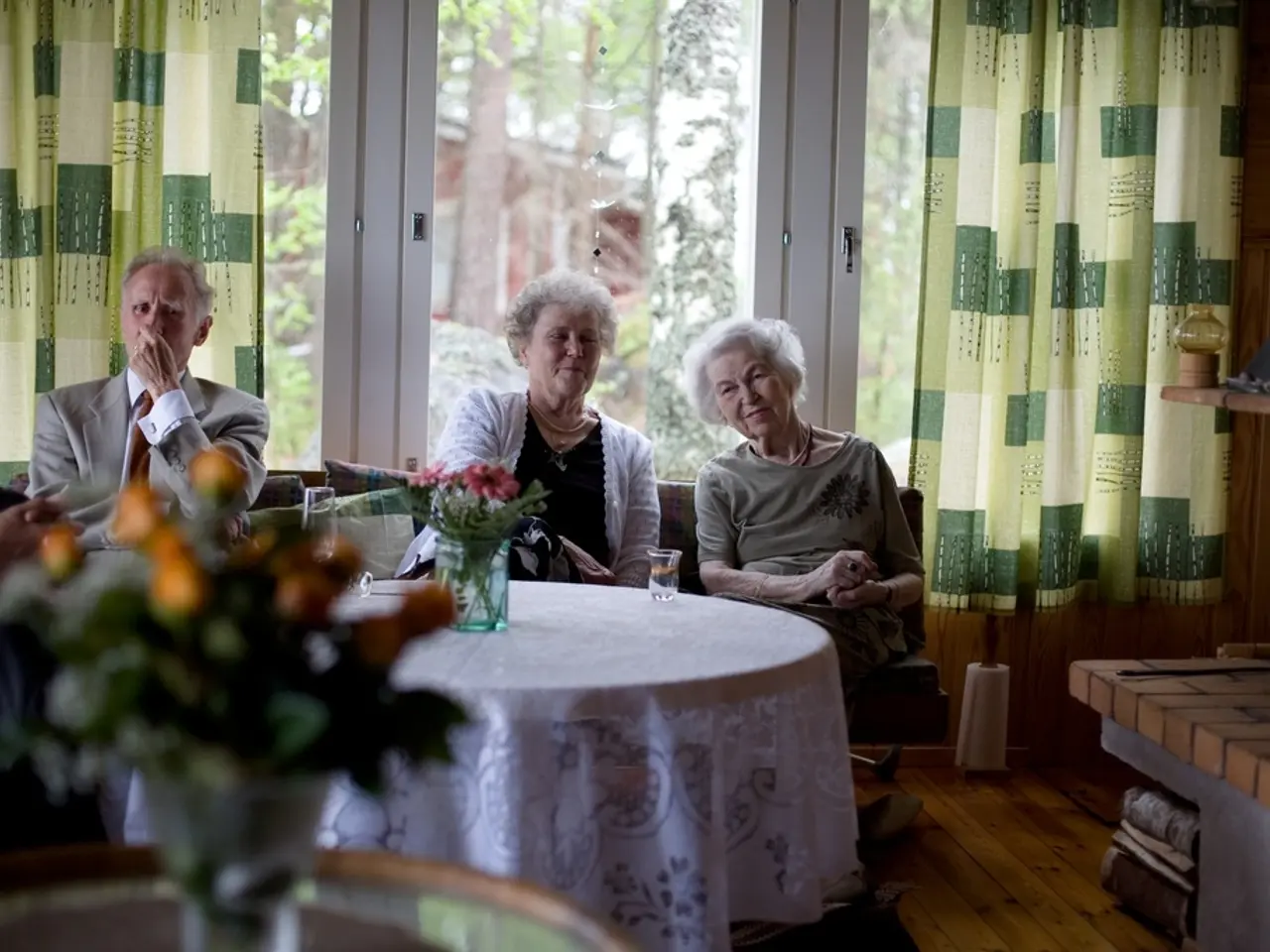Russian connections denied by Sanseito Party of Japan
**Rising Far-Right Populist Party Sparks Controversy with Russian Media Interview**
A right-wing populist and far-right political party in Japan, the Sanseito party, is gaining significant traction ahead of the national elections scheduled for July 20. Founded in 2020, the party originated from a conservative YouTube channel and has quickly risen to become a significant force in Japanese politics.
The Sanseito party, initially marginalized, has gained significant traction, ranking second in proportional representation support in a 2025 poll, only behind Japan's dominant Liberal Democratic Party (LDP). Its unique support base is composed of affluent and previously politically apathetic individuals, drawn by themes such as organic food culture and spirituality.
Sanseito's agenda includes strong nationalist and xenophobic elements, emphasizing a "Japanese First" platform that prioritizes Japanese citizens' needs over globalist policies. The party strongly opposes globalization, immigration, foreign influence, and foreign land ownership, framing outsiders as threats to Japan’s national security and cultural purity.
The party pushes for education reform, health and food sovereignty, and national defense, though these umbrella themes mask a broader rejection of liberalism and internationalism. Sanseito rejects gender equality policies, with leaders advocating traditional roles for women, such as staying at home to raise children. The party also opposes COVID-19 public health measures, such as mask mandates and vaccinations, and spreads related misinformation.
Recently, a controversy has arisen as one of the party's candidates gave an interview to Russian state media, sparking speculation about ties to Russia. However, the Sanseito party has denied any such ties and has not explicitly mentioned ties to Russia in its platform.
The Sanseito party currently holds two upper house seats and, according to opinion polls, could win more than 10 upper house seats in the upcoming national elections. If it succeeds, the party's surge in popularity could potentially shift the political landscape in Japan.
Despite the party's rising popularity, it has drawn international criticism for antisemitic statements by its Secretary General Sohei Kamiya and its far-right extremism. Observers note the party’s style parallels Trumpism and European ultranationalism, stirring unease domestically and abroad.
As of 2025, Sanseito holds five seats in Japan’s parliament, including both the House of Councillors and House of Representatives. The party's rise in popularity and political influence has raised concerns about the future direction of Japanese politics and its relationship with other nations.
Migration and war-and-conflicts could be potential concerns if the rising Sanseito party, with its strong nationalist and xenophobic agenda, gains more influence in the Japanese government, as it vehemently opposes immigration and foreign influence. General news outlets may also investigate the party's political ties and interview with Russian state media, which has sparked speculation about potential outside support.







